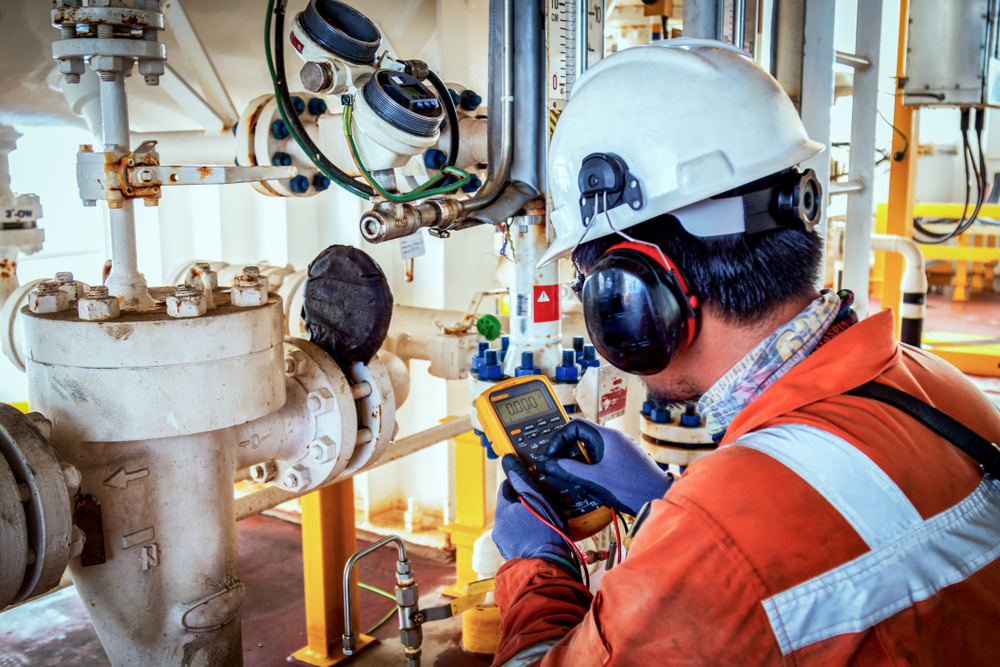Your career as an instrumentation technician is a detailed role which involves evaluating and maintaining systems which control electrical, pneumatic and electronic systems. Let’s have a look at what a career as an instrumentation technician actually involves and where your career as an instrumentation technician can take you.
Working as an Instrumentation Technician
Your career as an instrumentation technician fulfills a vital role on any construction project to ensure that systems that monitor machines and internal systems within buildings are well executed. Some of your roles would include:
- Conducting tasks assigned by specific engineering or machine operating teams
- Ensuring that instrumentation panels effectively function following repair or replacement
- Conducting tests relating to any instrumentation requirements
- Evaluating the performance of any instrumentation as needed by various engineering and machine operators
- Maintaining a strictly regulated logbook of instrumentation repairs and replacement
- Complying with safety procedures and environmental regulations.
Career Path
In your career as an instrumentation technician you will need to have a good working relationship with those at the operating interface and mechanical interface of any working machinery that requires instrumentation panels. From a construction perspective you will be particularly needed on large scale civil engineering projects, but your work will be in demand across all construction related sites as they increasingly rely of safe, high-output mechanical devices to complement the human workforce. Some of the roles that you could expect to work alongside include:
- Site manager
- Documents controller
- Foreperson
- Mechanical engineer
- Electronics engineer
- Electrician
- Construction plant fitter
- Heavy equipment operator
- Geotech engineer
- Civil engineer
- Health & Safety
- Project engineer
- Purchaser
- Elevator mechanic
- BIM Manager
- Logistics technician
- Finance manager
- Forklift driver
Professional Qualifications
Due to the complexities of the role, a career as an instrumentation technician requires a specialised third-level degree in mechanical engineering or mechanical engineering technology. Degrees in other engineering or technical disciplines are also relevant but would require significant postgraduate study in order to specialise in the field of being an instrumentation technician.
How your Career can Develop
A career as an instrumentation technician can see you working on everything from smaller, bespoke jobs to vast construction projects in various different countries. Due to the significant demand for instrumentation technicians they can also choose to work outside the construction and civil engineering sector, with opportunities across a wide range of areas including biomedical, aeronautics, shipping, science and more.

